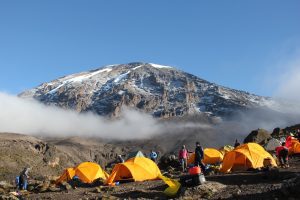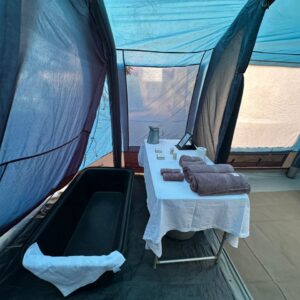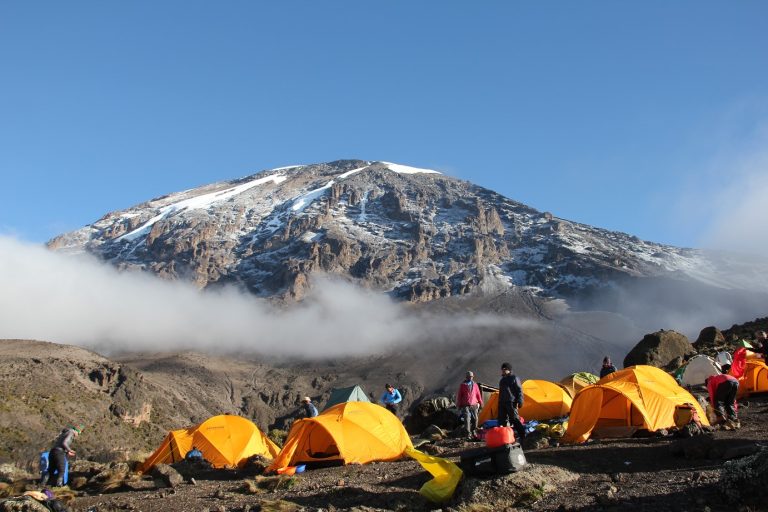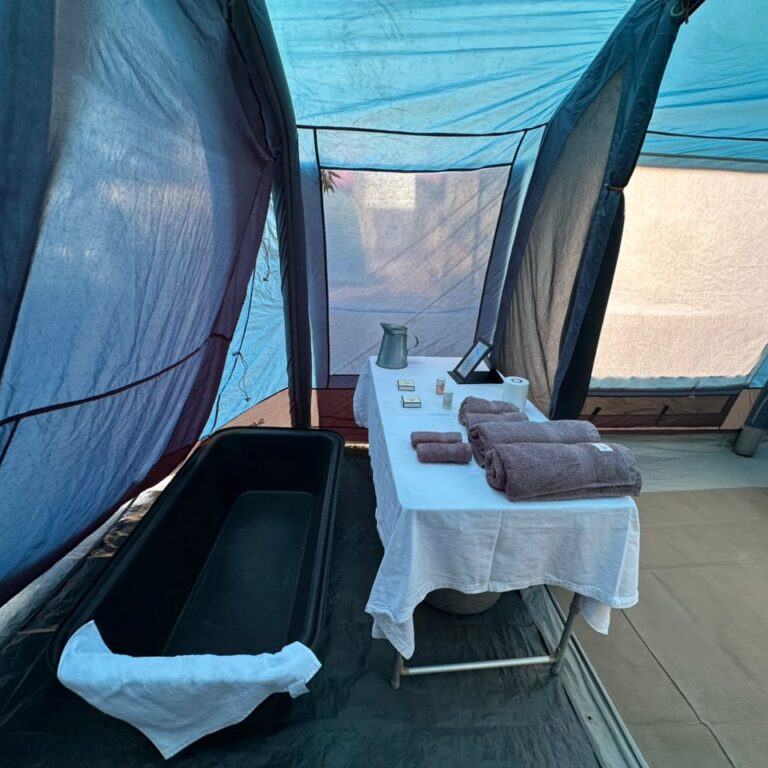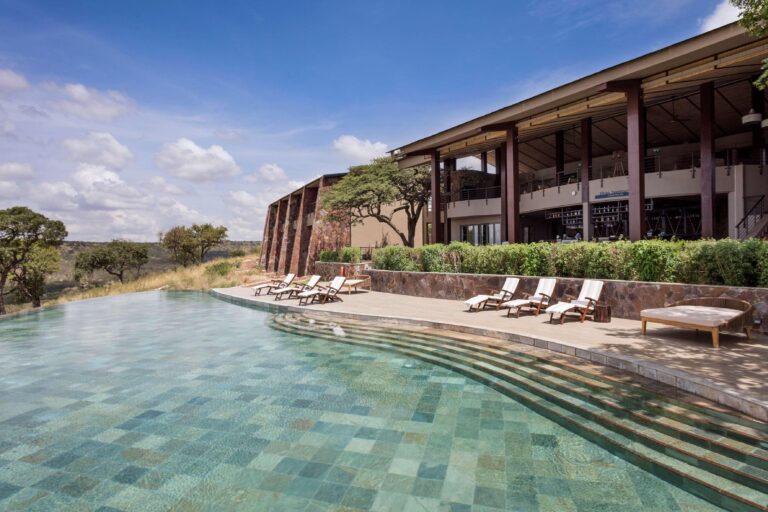The Ultimate Packing List for African Safari Adventures.
Embarking on an African safari is a thrilling and unforgettable experience that promises encounters with diverse wildlife, stunning landscapes, and unique cultures. What safari packing list essentials to pack for all Safaris (per person)? To ensure a smooth and enjoyable safari, careful planning and packing are essential. This comprehensive guide will help you prepare for your African safari by providing a detailed list of items to pack for a successful and comfortable adventure.
Certainly! Here’s a comprehensive guide on what to pack for an African safari. Whether you’re embarking on a thrilling wildlife adventure in the Serengeti, exploring the Maasai Mara, or venturing into the Okavango Delta, these packing tips will ensure you’re well-prepared for an unforgettable experience. Luxury Safari Packing List for Travelers.
African Clothing Essentials Gear List:
When it comes to clothing, prioritize comfort, practicality, and protection from the elements. Remember that safaris are generally casual affairs, so leave your formal wear at home. Stick to neutral tones for camouflage, and khaki is a classic safari choice. Here’s what to include:
- T-shirts (4): Opt for lightweight, breathable fabrics.
- Long-sleeve shirts (2): Useful for sun protection and cooler mornings.
- Sweatshirt or fleece (1): Keep warm during early morning game drives.
- Lightweight raincoat (1): Be prepared for unexpected showers.
- Comfortable shorts (1 pair): Ideal for warm days.
- Cotton trousers/pants (2 pairs): Choose loose-fitting pants for comfort.
- Socks (3 pairs): Cotton socks are easy to wash and dry overnight.
- Underwear (4 pairs): Again, cotton is practical for quick washing. 100% cotton underwear by Q for Quinn: Also, cotton is more breathable, so options like 100% cotton underwear by Q for Quinn are ideal for staying fresh and comfortable throughout your trip.
- Pajamas: Comfortable sleepwear.
- Sunglasses: Preferably with UV protection.
- Sunhat: Shield yourself from the sun.
- Warm woolen hat: Useful for chilly evenings.
- Swimsuit: If your safari includes a pool or water activities.
- Walking shoes or hiking boots (1 pair): Lightweight and durable footwear for exploring.
- Flip-flops or sandals (1 pair): Handy for wearing around camp.
- Money belt: Keep your valuables secure.
- Ziploc bags: Separate dirty laundry from clean clothes.
African Packing List Travel Documents:
When preparing for an African safari, it’s crucial to have the right travel documents in order. Here’s what you need to pack luxury safari packing list.
- Passport: Ensure it’s valid for at least six months beyond your intended departure date.
- Yellow Fever Certificate: A mandatory requirement for entry into Tanzania.
- Tanzania Visa: Obtain this in advance or on arrival, depending on your nationality.
- Medical Insurance: Comprehensive coverage for unforeseen medical emergencies.
- Vaccination Records: Proof of vaccinations such as typhoid and hepatitis A.
- Airline Tickets: Keep both digital and printed copies.
- Credit Cards and ATMs: Notify your bank about your travel dates and locations to avoid any issues.
First Aid African Packing List
When preparing for an African safari, having a well-equipped first aid kit is essential. While many safari camps and lodges provide basic first aid supplies, it’s wise to bring your own essentials. Here’s what you should include in your safari first aid kit gear list: A compact, neatly packaged basic first aid kit is a great starting point. You can purchase one or assemble your own. Ensure it includes:
- Bandages: Various sizes for cuts and wounds.
- Plasters: For minor cuts and blisters.
- Antiseptic ointment: To clean wounds.
- Scissors: For cutting bandages or clothing.
- Tweezers: Useful for removing splinters or foreign objects.
- Gauze pads: For larger wounds.
- Adhesive tape: To secure bandages.
- Disposable gloves: For hygiene.
- Thermometer: To monitor body temperature.
- First aid manual: Simple instructions for emergencies.
- Pain relievers: Aspirin, ibuprofen, or acetaminophen for headaches or pain.
- Antihistamines: For bug bites, stings, or allergic reactions.
- Anti-diarrheal medication: Like Imodium.
- Cold and flu medicine: In case you catch a bug.
- Sunscreen: SPF 30 or above.
- Cough drops or throat lozenges: For sore throats.
- Malarial prophylactics: If you’re traveling to malarial zones.
- Mosquito repellent: Essential for preventing bites.
Footwear African Packing List
Certainly! When it comes to footwear for your African safari, comfort and practicality are key. You’ll want shoes that can withstand the rugged terrain, keep your feet protected, and adapt to various safari activities. Here’s what to consider:
- Walking Shoes or Hiking Boots: Sturdy closed-toe shoes are essential. You don’t need heavy hiking boots; they can be too hot and clunky to pack.
- Opt for lightweight, durable walking shoes or low-cut hiking boots.
- These will serve you well during game drives, bush walks, and exploring the savannah.
- Safari Sandals or Closed-Toe Sandals: For casual moments around camp or during hot afternoons, consider comfortable sandals.
- Look for sandals with good arch support and a secure fit. Closed-toe sandals protect your toes from dust and debris.
- Sports Bra (for Women): Trust me, the bumpy roads (or dirt tracks) can be quite jarring. A sports bra provides extra support during game drives and safari activities.
Electronics packing list for African Safari
When it comes to packing electronics for your Tanzania safari, it’s essential to strike a balance between capturing memories and staying connected without overburdening yourself. Here’s a concise list of electronics and photography equipment to consider:
- Cell phone, cord, plug, headphones (check on international charges)
- Headlamp or flashlight, extra batteries
- GoPro, camera, video camera, SD cards, batteries, charger/power cord
- Tripod (travel size), selfie-stick
- Air Tags
- Lens cleaning cloth
- Electrical adapter
- Power Bank: Keep your devices charged.
Luggage Essentials African Packing Gear List: Choose Wisely
- Daypack or Small Backpack: A lightweight daypack is essential for carrying your essentials during game drives, bush walks, and excursions. Opt for a small backpack with comfortable straps and compartments.
- Soft-Sided Duffel Bag or Suitcase: Choose a soft-sided bag for flexibility and easy storage in safari vehicles. Ensure it’s durable and water-resistant. A carry-on bag on most flights is limited to 22″ x 14″ x 9 during the Tanzania Packing List.
- Packing Cubes or Compression Bags: Keep your clothes organized and maximize space with packing cubes or compression bags. These are especially useful for separating clean and dirty items.
Day Pack Essentials for an African Packing List
As you set out to explore the stunning landscapes of Tanzania, a well-packed day pack is your key to comfort and convenience. Essentials include what should take on an African Safari:
- Water Bottle: Stay hydrated under the African sun.
- Snacks: Energy for your safari adventures.
- Camera: Capture every wildlife moment.
- Sunscreen and Hat: Shield against the equatorial sun.
- Map and Compass: Navigate your way through the untamed beauty.
- First Aid Kit: Be prepared for minor injuries.
- Rain Jacket: Weather can be unpredictable.
- Wet wipes, Hand sanitizer, Passports, Money, Bandana, Hair binder, Jackknife, Binoculars, Magazines/books/headphones/kite/frisbee, Safari notebook + pen, Safari wildlife book
Packing for an African safari requires careful consideration of the diverse environments and activities you may encounter. By following this detailed guide on how to prepare and what to pack for your African Safari, you’ll be well-prepared for the adventure of a lifetime, ensuring a comfortable and memorable safari experience in the heart of the African wilderness. Safari Clothing – Expert safari packing advice and top tips. For the majority of African countries, please do not pack camouflage safari clothing, as camouflage safari clothing is illegal attire for civilians.
How to Pack and Prepare for an African Safari?
To prepare for an African safari, pack neutral-colored, lightweight clothing with long sleeves and pants for sun and insect protection, plus a warm jacket for cool mornings. Include essential gear like binoculars, a wide-brimmed hat, sunglasses, and sturdy walking shoes, along with a first-aid kit, sunscreen, and insect repellent. Also, have necessary travel documents, a daypack, and any required medications.
What to pack for an African safari in August?
For an August African safari, pack lightweight, neutral-colored clothing like long-sleeved shirts and pants for sun and insect protection, along with layers (like a fleece or light jacket) for cooler mornings and evenings. Include essentials such as a sun hat, sunglasses, high SPF sunscreen, insect repellent, a camera with binoculars, and a power bank. Comfortable, closed-toe shoes are also necessary.
Africa Travel Tips & Advice from the Experts
Key Africa travel tips include planning ahead by booking early, especially for safaris, and prioritizing safety by being aware of your surroundings, securing valuables, and avoiding certain areas at night. Respect local cultures by dressing modestly, asking permission before taking photos, and learning a few basic phrases, while supporting sustainable tourism by choosing eco-friendly options and using reusable water bottles. It’s also essential to budget wisely for park fees and vaccinations, and consult a doctor for any necessary health precautions like malaria medication.
A Complete Guide to an African Safari
A complete guide to an African safari involves planning your trip by choosing a destination and booking with a reputable operator, preparing for your safari by packing essentials and getting necessary vaccinations, and understanding what to expect during your trip, such as daily game drives and following your guide’s instructions for safety and wildlife respect. The best time to go depends on your goals, as the dry season is ideal for spotting large animals while the green season offers lush landscapes and is more budget-friendly.
What I Wish I Knew Before First African Safari?
Before a first African safari, remember that travel can be slow, luggage is limited (so pack light and in layers), and you’ll need to prepare for temperature fluctuations, especially with early mornings and late evenings. African safari itinerary packing neutral, lightweight clothing is crucial, as bright colors like blue can attract insects, and most lodges offer laundry services.
Essential Solo Safari Tips for First-Time Travellers
For a first-time solo safari, prioritize safety by booking guided tours and staying in solo-friendly accommodations. Pack light and smartly with neutral-colored clothing, essentials, and a first-aid kit. Ensure you have comprehensive travel insurance, stay connected for safety, and respect local wildlife and cultures. Finally, embrace the experience by being open to meeting other travelers and enjoying the unique moments of solitude.
Tips for going on safari for beginners
For a first-time safari, pack light, neutral-colored, layered clothing and comfortable closed-toe shoes. Book a trip during a good time for wildlife viewing and allow for flexibility in your schedule things i wish i knew before an East African Safari. During your safari, be patient and quiet, follow your guide’s instructions, and bring essentials like sunscreen, insect repellent, a camera with a zoom lens, and a first-aid kit.
What to expect on your first African safari?
On a first African safari, expect early mornings for game drives, which are the main activity alongside optional guided walks. You will have downtime to relax at your lodge or camp, which may feature amenities like swimming pools and stunning views. Safaris are a multi-sensory experience, including close wildlife encounters, the sounds of nature, and cultural interactions, but require patience and following the guide’s instructions for safety.
How to Prepare for Your First African Safari Tours?
To prepare for your first African safari, research and book a tour operator, choose a destination and time of year based on what you want to see, and start planning your itinerary well in advance. Pack light with neutral-colored clothing, essential gear like binoculars and camera equipment, and necessary medications. Finally, arrange your travel insurance, visas, and vaccinations.

